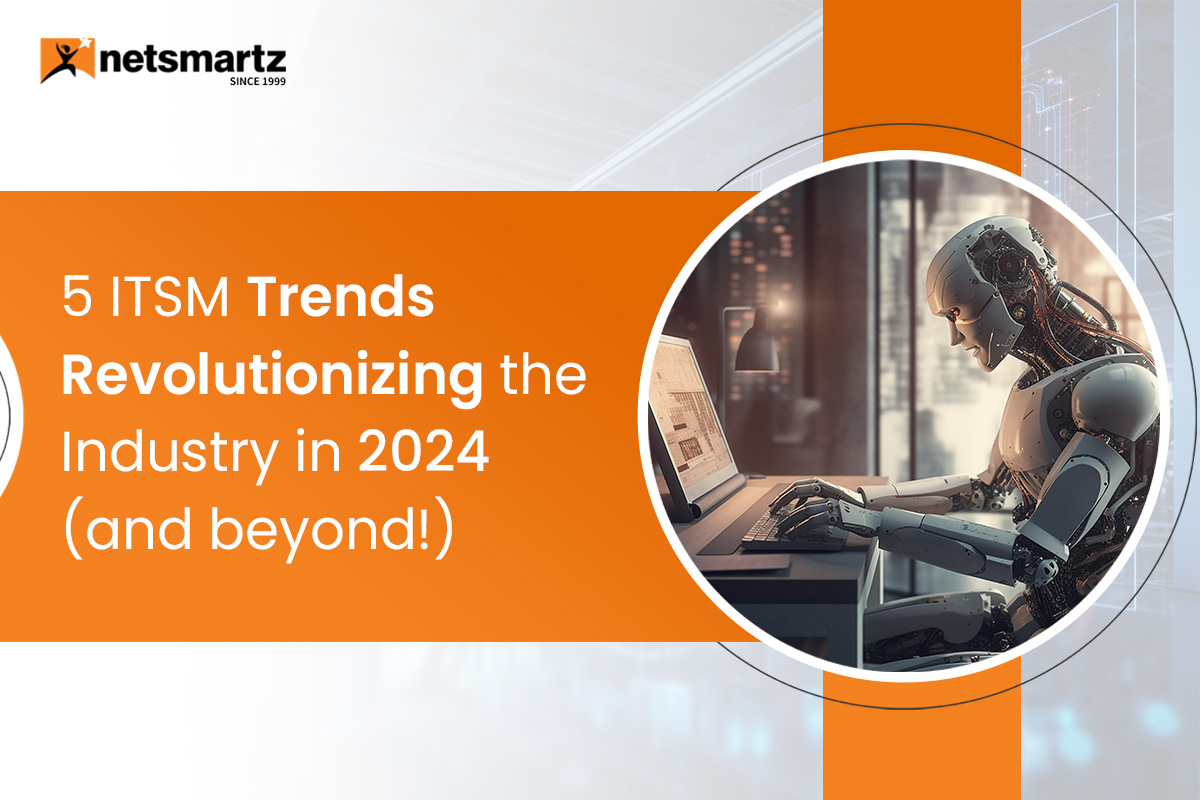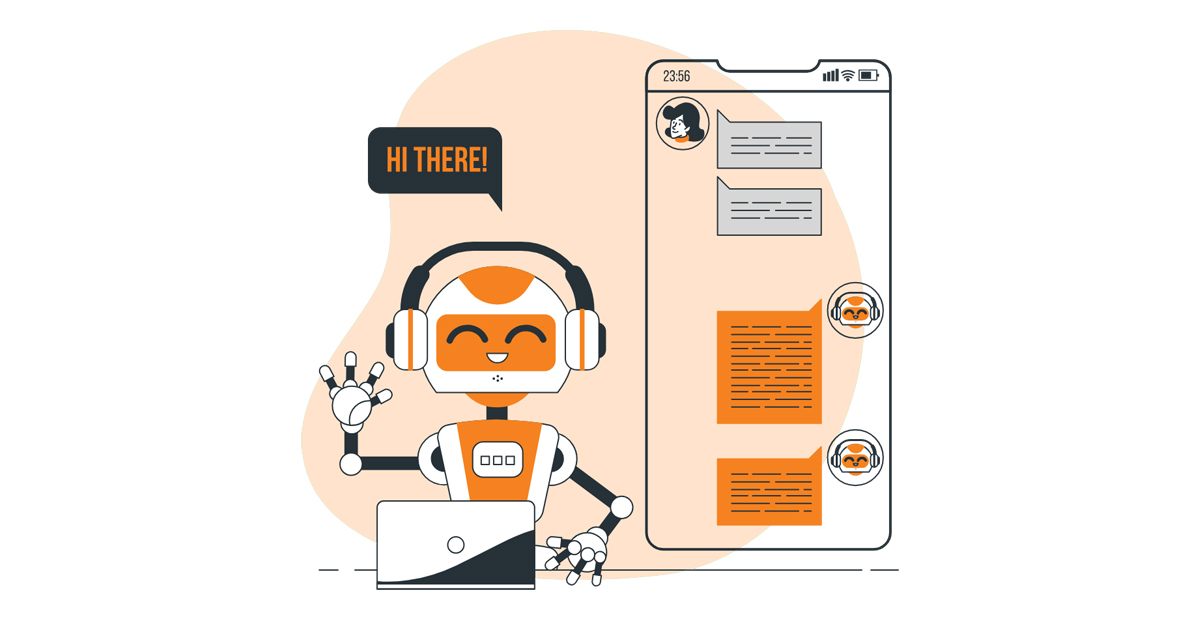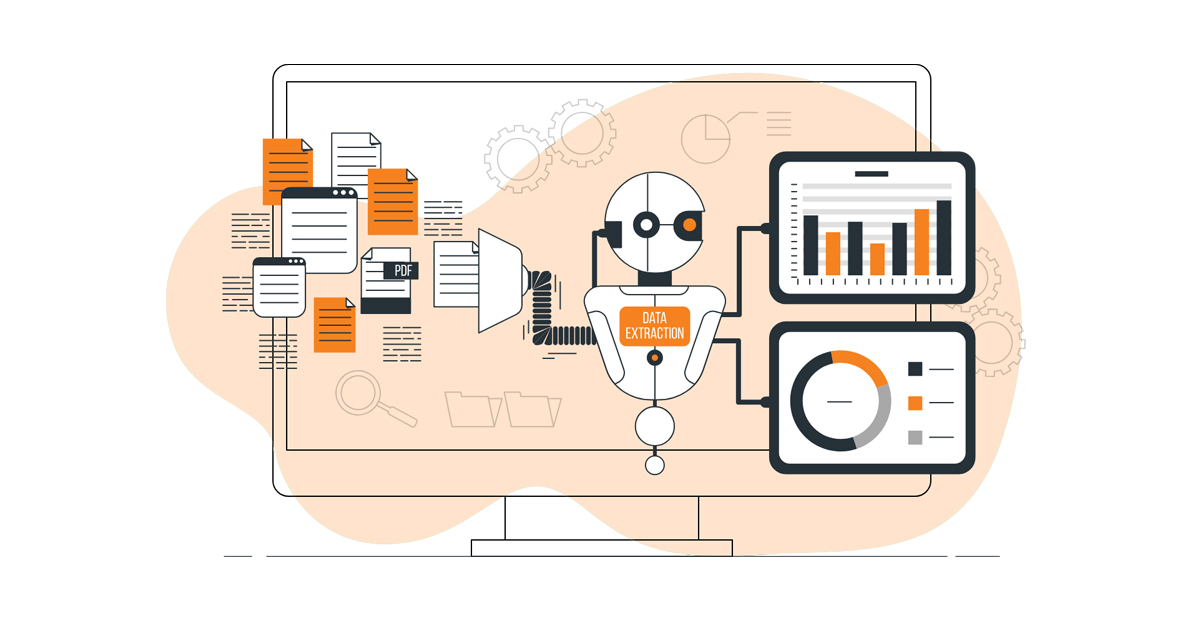The fields of information technology and education, when blended, form partnerships for the benefit and improvement of society. eLearning and online education will become the standard of academic instruction soon. Artificial Intelligence (AI) will likely be used to deliver the information then.
Before we discuss how AI will shape eLearning in the future, here is a review on how some of the ways IT and education have intersected up until now.
Learning via experience
The educational enhancements achieved by technology are remarkable. For instance, a couple of decades ago, flight simulation software allowed students to learn about avionics and instrumentation. However, students are now using Virtual Reality headsets for an even more realistic flight experience and pilot training. Technology is making it easier to design a training program that supports “learning by doing”.
Educational resources made accessible
A big list of resources is readily available that students can access to learn anything they want, such as online encyclopedias, internet libraries, Massively Online Open Courses (MOOCs), and educational social networks.
Online teaching practices
When messaging and video conferencing apps like Skype come into existence, one-on-one virtual training methodology becomes popular. From learning a foreign language to music lessons, academic tutoring, engineering discussion, and assignments are possible because of online training delivery. Even classrooms are now connected to other classrooms in a distant location or a country for exchanging cultural knowledge, technical expertise,and for promoting a more effective learning system.
Machine learning and other fields of AI development are next on the list of the latest trends in the educational scenario. The algorithms and natural language processing are just the beginning of this technological shift. For example, a smart chatbot platform named Botsify is designed specifically for the education sector. This is only the beginning, and a lot is being done and advancing, even while you are reading this.
A Good Read: Are Your E-Learning Courses Responsive and User-friendly?
Here are some of the ways AI and machine learning are shaping the future of eLearning:
Advanced Grading System
Optical recognition has been automating the test scoring and grading for some time. The same is the case with eLearning courses that feature online tests graded upon completion but integrating Artificial Intelligence complements grading with smart assessments that teachers can utilize to adjust classroom work for the maximum efficiency and suggest a case of individual tutoring. AI linguistic developers are working on algorithms and machine learning concepts to speed up the evaluation and scoring of subjective tests and written assignments.
Creating an Extensive Curriculum
A type of machine learning that is being used by legal professionals like lawyers to review documents and court cases is known as ‘Deep learning’. The idea behind the solution is that it can make recommendations on lawsuits and other legal strategies. Something like this is being applied in the education sector for developing course material that can be incorporated into a comprehensive learning curriculum. One example would be designing a curriculum for students pursuing creative writing courses.
Crowd-sourced Learning (like Wikipedia)
Wikipedia is one of the most successful concepts of crowd-sourced knowledge sharing and collaboration combined with Artificial Intelligence. Another example is Brainly. Similar to Quora, Brainly is an educational question-and-answer platform with a machine-learning layer to act as a moderator, filter spam, evaluate the quality to the content, and structure answers. The talented brains behind Brainly will be able to enhance its capabilities for providing automated answers to certain questions. It is quite similar to the way voice-activated Google search engine provides answers and search results.
Smart Learning Software
The success of the eLearning software is inspiring AI developers to make smarter solutions for machine learning with features to monitor the way students use programs, their reactions, and their proficiency.The objective is to develop future apps that are more efficient than they are today by utilizing AI technology and delivering them through cloud platforms.
Summary
Kickstart Your Project With Us!
Blog
Popular Posts
CONTACT US
Let's Build Your Agile Team.
Experience Netsmartz for 40 hours - No Cost, No Obligation.
Connect With Us Today!
Please fill out the form or send us an email to
 Don't Miss Out:
Don't Miss Out: 







